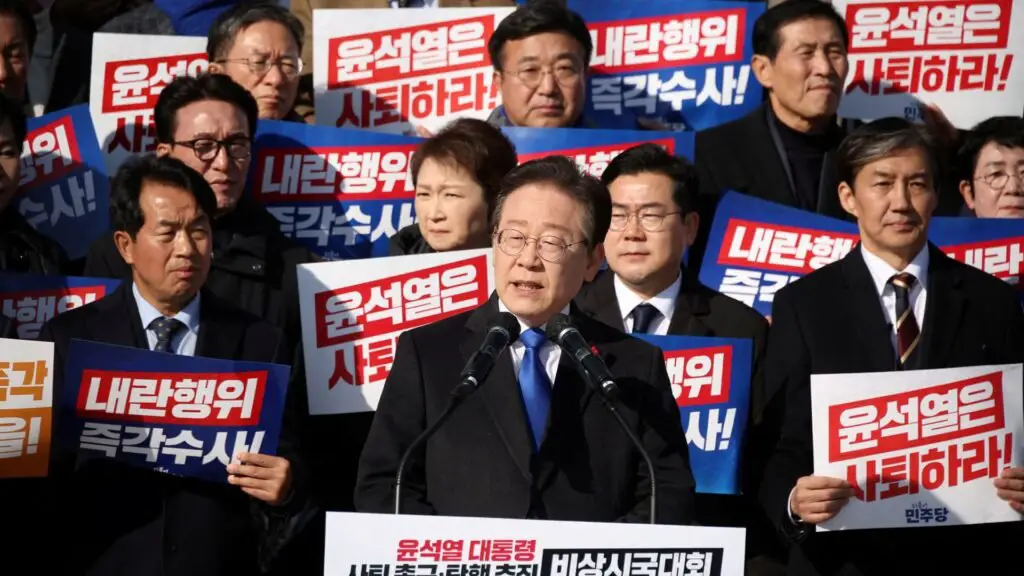
The recent political unrest in South Korea is likely to be short-lived, according to fund manager Arjun Jayaraman, who said there are opportunities for investors in the country.
The portfolio manager at U.S.-based investment firm Causeway Capital Management added that risks surrounding South Korea’s stock market were now priced in after President Yoon Suk Yeol made a failed attempt to impose martial law in early December subsequent impeachment on Saturday.
“We think Korea is obviously a pretty cheap market. There’s a lot of negativity attached to the price,” Jayaraman told CNBC’s “Squawk Box Asia” last week. “The value there is certainly compelling, so we are maintaining our overweight.”
Yoon sought to boost listed companies – and shareholder returns – through the Corporate Value Up program, a Japanese initiative to improve corporate governance and increase investor engagement.
The reforms were also introduced to combat the so-called “Korea discount,” a reference to South Korean securities trading at lower valuations compared to regional peers because of investor concerns about issues such as corporate governance at large family-owned companies.

won/dollar
But Jayaraman said any new South Korean government would likely push these reforms further, boosting returns.
“We appreciate the fact that even the more left-leaning Democratic Party (opposition party) appears to support the Value Up initiative in Korea, which should lead to a re-evaluation of the market in the medium to long term,” he noted.
South Korean opposition leaders say Yoon’s martial law order was an act of insurrection – a claim rejected by Yoon, who in turn accused political rivals of engaging in “false incitement” to bring him down.
South Korea’s main opposition Democratic Party leader Lee Jae-myung, lawmakers and people attend a rally at the National Assembly in Seoul, South Korea, December 4 to condemn the South Korean president’s surprise declaration of martial law last night and call for his resignation demand. 2024.
Kim Hong-ji | Reuters
After Yoon imposed and then lifted martial law late on Dec. 3, South Korea’s Kospi stock index fell about 5.5% before recovering most of the losses.
Stock market call
One of Causeway Capital Management’s largest active holdings is South Korean automaker Kia, which Jayaraman said has been relatively spared from the domestic political disputes.
“Kia is more dependent on the US as well as other parts of the West for export markets,” he said. “As an exporter, the company has more exposure outside of Korea and will obviously be a beneficiary if we see continued weakness in the Korean won, particularly against its peers in Japan.”
The South Korean won plunged against the U.S. dollar after Yoon declared martial law and is currently trading at its lowest level against the greenback in more than two years.





